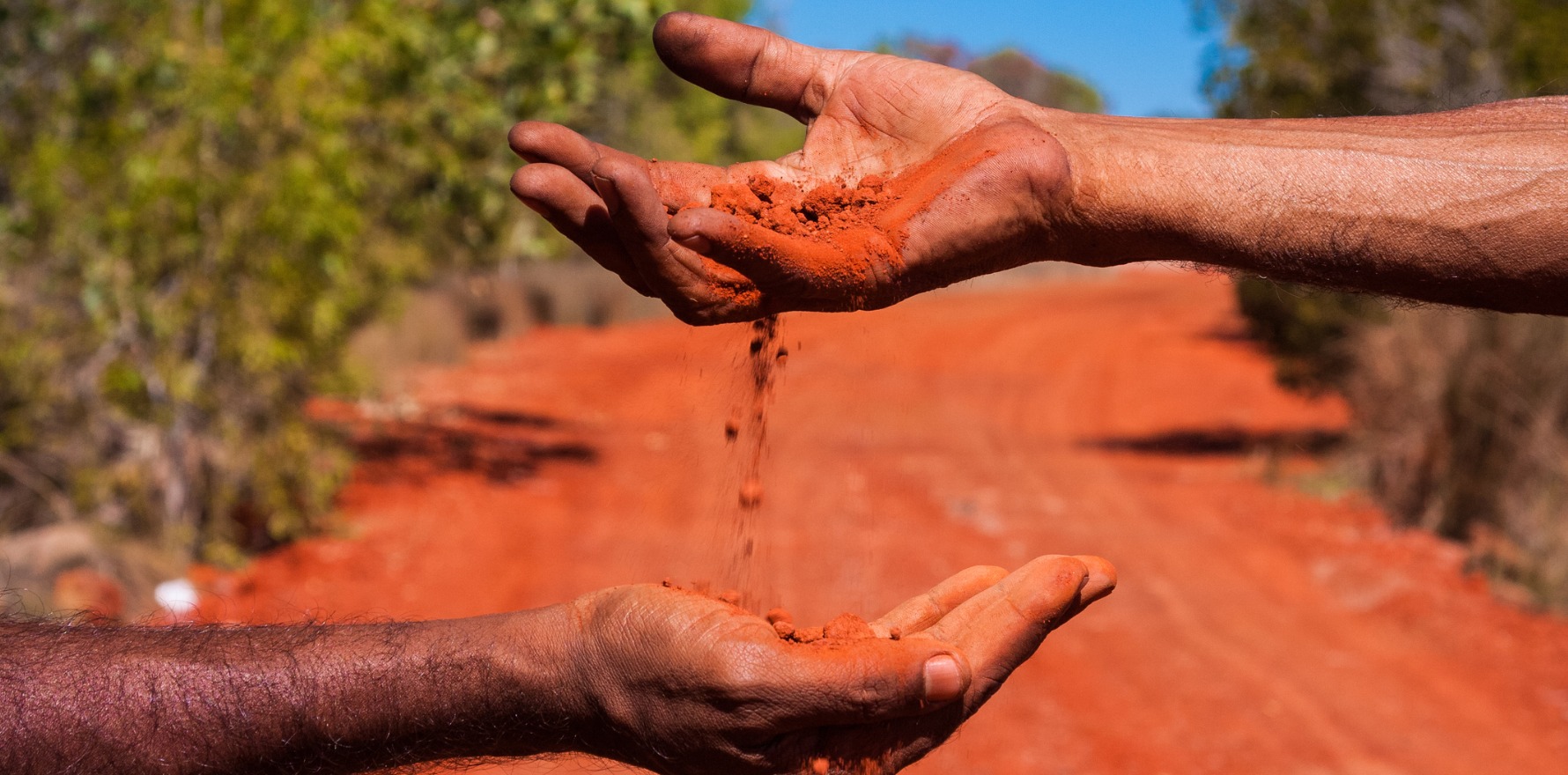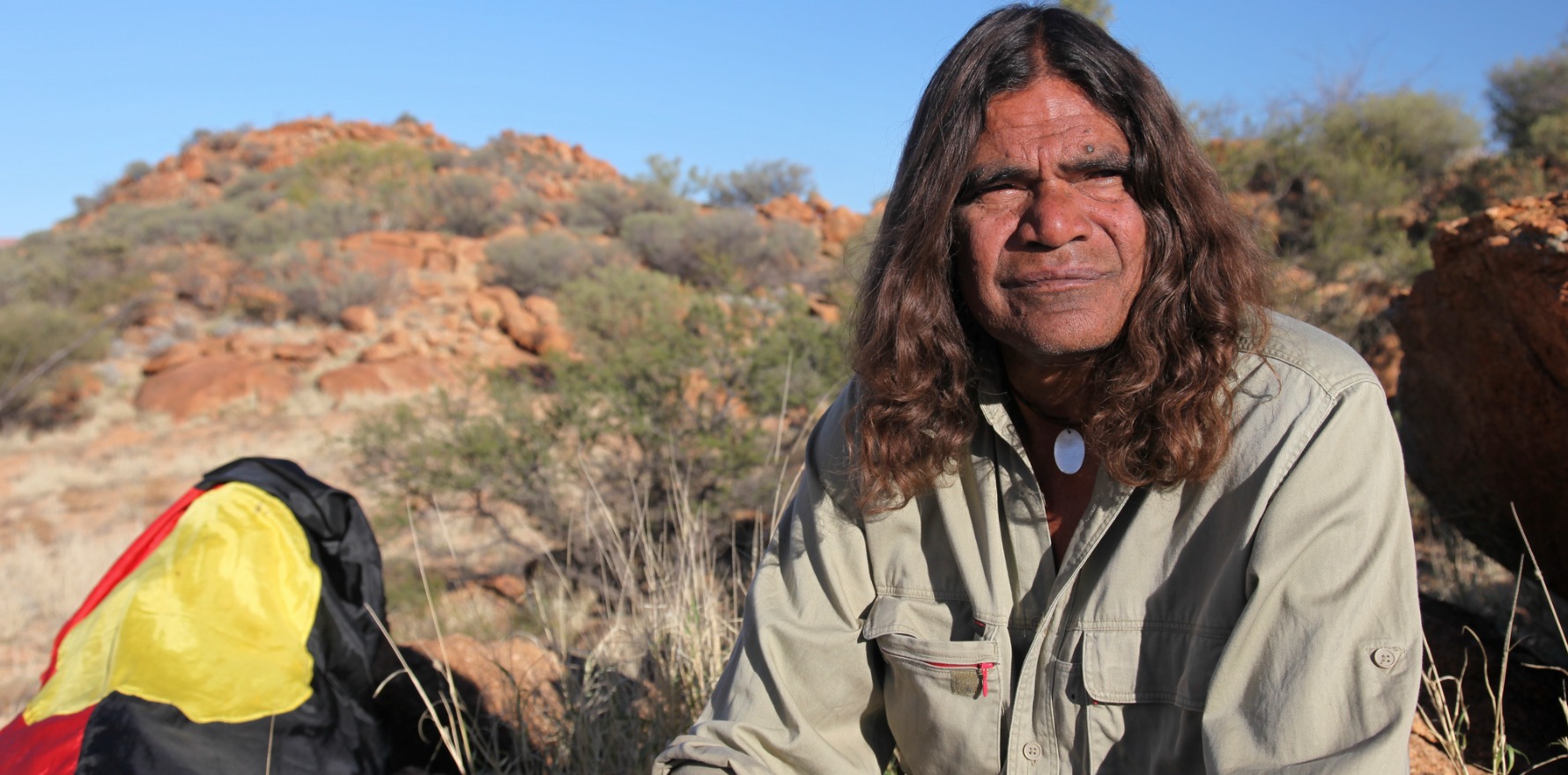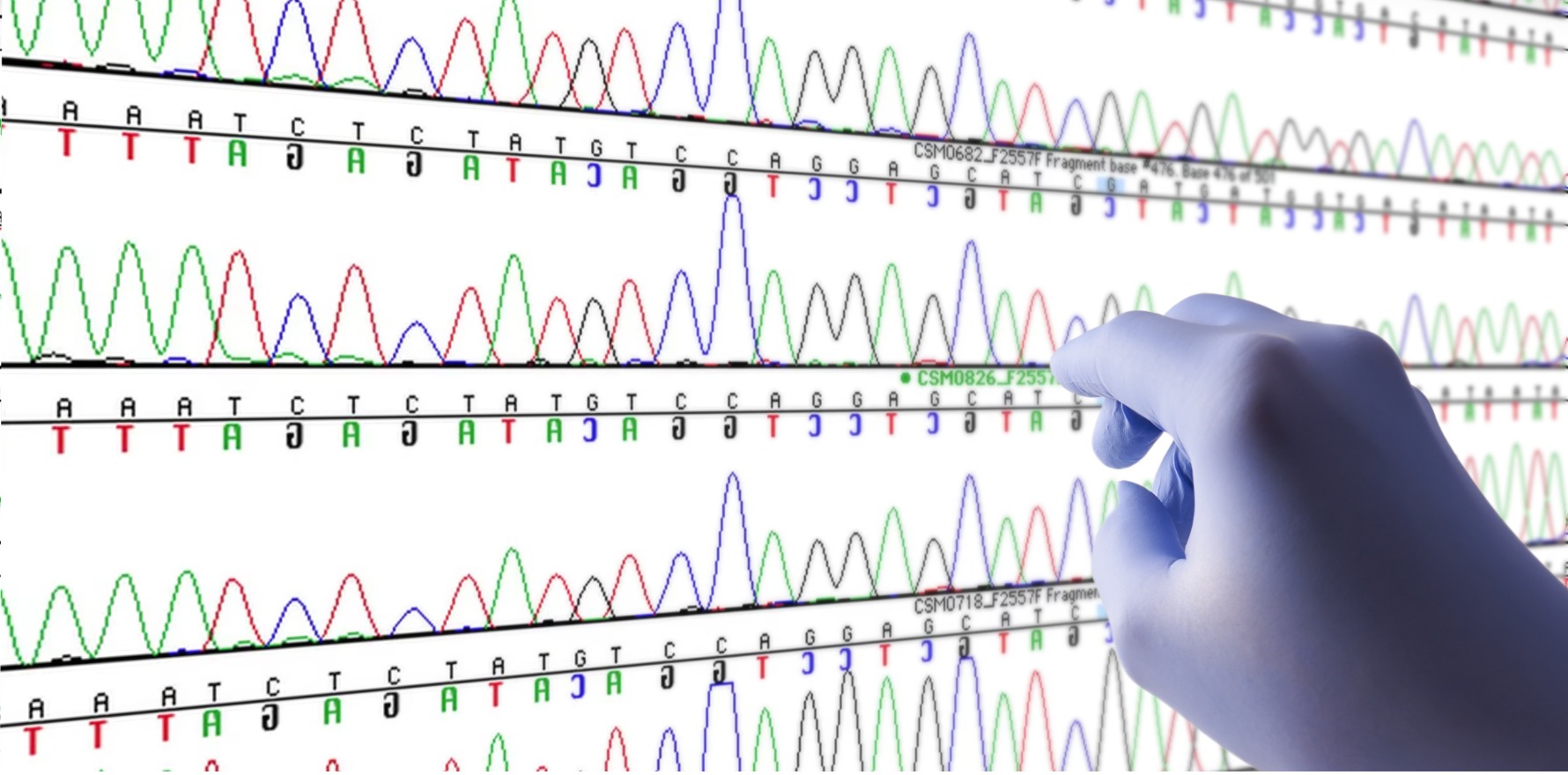Both ACRRM and the National Rural Health Alliance are doubling down on a call for Indigenous community-led health service design and delivery.
First Nations community consultation is vital to closing the health gap, say rural primary care organisations ACRRM and the National Rural Health Alliance.
Yesterday was Close the Gap Day for 2024, with the 15th annual Close the Gap report released by the Lowitja Institute earlier in the month.
This year’s edition focused in on workforce and cultural safety in the healthcare sector, with recommendations to tackle institutional racism in both the patient and clinician spaces.
Around three in four healthcare workers surveyed by the Victorian Aboriginal Community Controlled Health Organisation believed that Indigenous people did not have enough involvement in developing health policy.
Even more respondents believed that health and wellbeing outcomes would be improved if Aboriginal and Torres Strait Islander people had more involvement in developing health policy.
In its response to the report, the NRHA called for the full implementation of the 2021-2031 National Aboriginal and Torres Strait Islander Health Plan, citing the 7-year gap in life expectancy between Indigenous and non-Indigenous people in rural areas.
“We strongly believe that rural workforce training and leadership development programs should support First Nations people living in rural, remote, and regional Australia and ensure there are culturally safe and appropriate healthcare services available,” NRHA CEO Susi Tegen said.
“Therefore, we urge the government to invest in expanding opportunities for First Nations people to be embedded in the leadership and governance of the health plan.”
Related
ACRRM president Dr Dan Halliday said that reconciliation had “run in the veins” of the rural college since it was founded 25 years ago.
“We acknowledge that we need to be collaborative and proactive if we want to achieve our vision for reconciliation and equity of access to high quality, culturally safe and appropriate healthcare for First Nations Peoples throughout Australia,” the Queensland rural generalist said.
RACGP Aboriginal and Torres Strait Islander Health faculty chair Dr Karen Nicholls said true partnership was essential to achieve equity in health and life outcomes and the cultural wellbeing of Aboriginal and Torres Strait Islander patients.
“We also recognise the importance of delivering culturally safe healthcare to achieve equity of health status and life expectancy between Aboriginal and Torres Strait Islander peoples and non-Indigenous Australians by 2030,” she said.
“We want to do everything we can to support the growth of the next generation of Aboriginal and Torres Strait Islander GPs. Aboriginal and Torres Strait Islander healthcare must be Aboriginal and Torres Strait Islander-led, and our community-controlled organisations should be supported to deliver services.”





